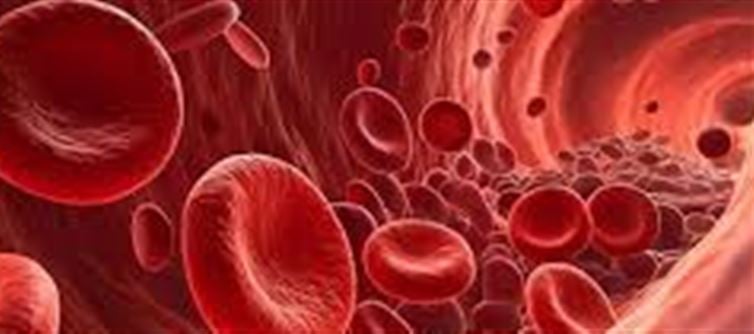
High blood pressure is a silent but serious health concern. According to doctors, plant-based proteins and smart dietary choices can play a major role in keeping your bp in check. Here’s how:
1. Prioritize Plant Protein
· Regular intake of beans, lentils, chickpeas, tofu, and soy can help reduce blood pressure naturally.
· Plant proteins are low in saturated fats and high in fiber, supporting heart health.
2. Cut Down on Salt
· Excess sodium is a major contributor to high BP.
· Limit processed foods, pickles, and salty snacks, and opt for herbs and spices to flavor meals.
3. Eat More fruits and Vegetables
· Fresh produce is rich in potassium, magnesium, and antioxidants that help maintain healthy blood pressure.
· Aim for a colorful variety—bananas, spinach, beetroot, and oranges are excellent choices.
4. Include Whole Grains
· Switch from refined carbs to oats, brown rice, quinoa, and whole wheat.
· Whole grains regulate blood sugar and support heart health, indirectly aiding bp control.
5. Limit red Meat and Processed Foods
· Saturated fats from red meat can increase arterial stiffness, raising blood pressure.
· Replace with lean poultry, fish, or plant-based alternatives.
6. Add Heart-Healthy Fats
· Incorporate nuts, seeds, avocado, and olive oil in moderation.
· These fats improve cholesterol levels and support overall cardiovascular health.
Bottom line: A few simple dietary adjustments—focused on plant protein, whole foods, and healthy fats—can make a big difference in managing high blood pressure naturally.
Disclaimer:
The views and opinions expressed in this article are those of the author and do not necessarily reflect the official policy or position of any agency, organization, employer, or company. All information provided is for general informational purposes only. While every effort has been made to ensure accuracy, we make no representations or warranties of any kind, express or implied, about the completeness, reliability, or suitability of the information contained herein. Readers are advised to verify facts and seek professional advice where necessary. Any reliance placed on such information is strictly at the reader’s own risk.
.jpg)




 click and follow Indiaherald WhatsApp channel
click and follow Indiaherald WhatsApp channel